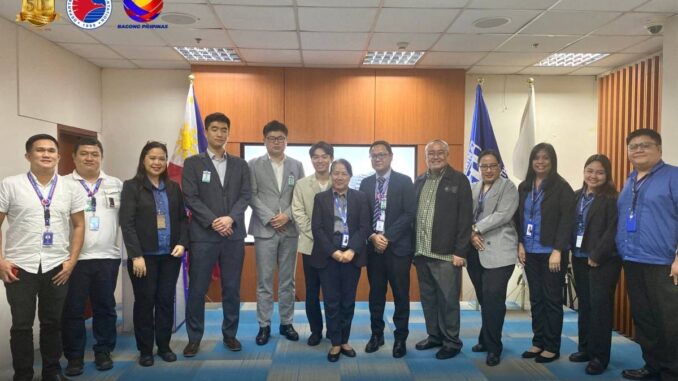
THE Korea Maritime Transportation Safety Authority (Komsa) recently conducted a feasibility study as part of a proposed Official Development Assistance (ODA) project to improve biofouling management in key Philippine ports.
The initiative, a collaboration between the Republic of Korea and the Philippines, aims to assess the technical, economic and operational feasibility of implementing advanced biofouling strategies. The project focuses on enhancing governance, improving expertise in biofouling control, and introducing remote-operated vessel (ROV) technology for hull cleaning at the Ports of Manila and Cebu.
Komsa’s study addressed biofouling challenges in Philippine ports and proposed sustainable solutions to improve port efficiency while protecting the marine environment.
Representatives of the Korea Maritime Transportation Safety Authority (Komsa) with officials from the Maritime Industry Authority (Marina) in a recent meet up to discuss and assess the technical, economic and operational feasibility of implementing biofouling strategies. PHOTO from Marina
Representatives from the Department of Transportation and the Maritime Industry Authority expressed optimism about the project, noting its potential to tackle biofouling issues and promote ecological balance in maritime operations.
The collaboration is expected to improve biofouling management, reduce invasive species, maintain vessel performance and ensure compliance with international maritime standards, ultimately advancing port sustainability in the Philippines.


Be the first to comment